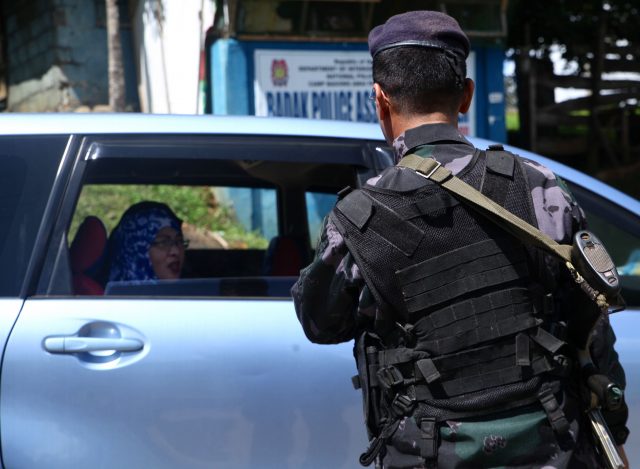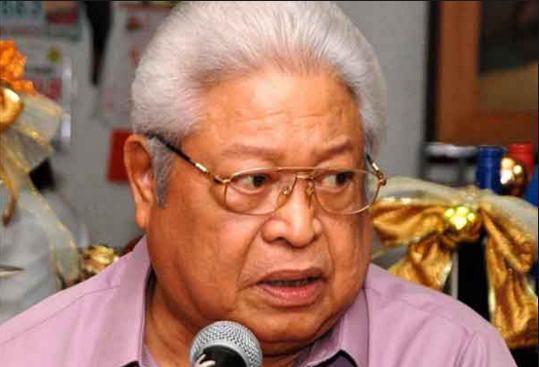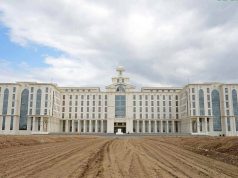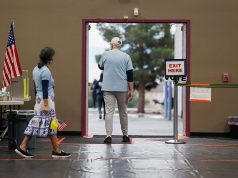
MANILA, Philippines — President Rodrigo Duterte does not need the extension of martial law to address continuing security threats in Mindanao, an opposition lawmaker said Tuesday, December 12.
“Binigyan ang Pangulo ng Saligang Batas (The Constitution gave the president) the power to call all of the Armed Forces to prevent or subdue lawless violence, Invasion or rebellion. ‘Yan ang pwedeng gamitin ng Pangulo at ‘wag na ang (The President can use that and not) martial law,” Albay Representative Edcel Lagman said in a radio interview.
Lagman was referring to Section 18, Article 7 of the 1987 Constitution, which states: “The President shall be the Commander-in-Chief of all armed forces of the Philippines and whenever it becomes necessary, he may call out such armed forces to prevent or suppress lawless violence, invasion or rebellion …”
The section also discusses the implementation of martial law.
President Rodrigo Duterte on December 8 asked Congress to extend martial law in Mindanao for one more year due to what he said were the continuing threats from Islamic State-inspired terrorists, local terrorist groups, and the communist New People’s Army.
He originally declared martial law for 60 days over Mindanao on May 23, soon after fighting broke out between government forces and extremist gunmen in Marawi City, and got Congress to extend this to the end of the year when the original period lapsed as hostilities continued to rage.
One-year martial law extension “baseless”

Lagman said extending martial law is baseless since there is no actual invasion or rebellion as required by the Constitution. He had also opposed the original martial law declaration.
He also stressed that the threats cited by the security agencies and Duterte are not grounds for extending martial law.
“Sa ngayon, wala namang actual invasion o rebellion sa Mindanao. Ang katunayan nga two months ago dineklara ng ating pangulo na liberated na ang Marawi (Today, there is no actual invasion or rebellion in Mindanao. In fact, two months ago, the president declared Marawi liberated) from rebels and terrorists.”
“‘Yung recommendation mismo ng Philippine National Police and Armed Forces of the Philippines ay tinutukoy ‘yung pagbabanta ng mga terorista (refer to terrorist threats). Ang pagbabanta or threat or imminent danger of invasion or rebellion ay hindi na kasama doon sa (are not among the grounds) for the declaration of martial law or its extension,” he added.
According to the 1987 Constitution, the president may declare martial law “in case of invasion or rebellion.”
Lagman also said the one-year extension was already too long since the Constitution envisioned martial law for only a limited period.
“Ito ay talagang masyadong mahaba na. Alam mo ‘yung original declaration nakasulat sa Saligang Batas should not exceed 60 days. Palagay ko naman any extension should be subject to the same constitutional restraints,” he said.
(This is already too long. The original declaration in the Constitution says it should not exceed 60 days. I think that any extension should be subject to the same constitutional restraints.)
Lagman urged his fellow lawmakers to review the Constitution and decide “very fairly and very judiciously” on whether to grant Duterte’s request or not.
Congress is expected to convene in joint session on Wednesday, December 13, to decide on the issue.









